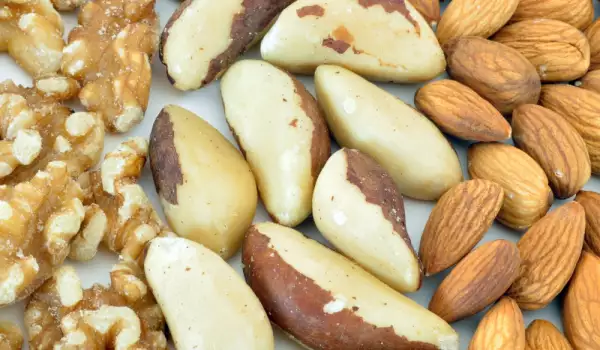In order for our body to function properly, it needs a wide range of vitamins and minerals to ensure the functioning of all organs and processes in the human body. Magnesium, along with zinc and manganese, is one of the main factors in the implementation of vital coenzyme reactions. It can be said that magnesium is essential for maintaining good health.
But often in the body of modern people, a magnesium deficiency can be found. In the first place, it is due to the diet that our society follows. In practice, people in developed countries do not get enough magnesium from food. An important factor is the sensitivity of magnesium to refining and heat treatment, as well as the use of artificial fertilizers and insecticides, which lead to changes in soil magnesium levels and saturation in plant-based foods.
Magnesium deficiency has been reported in diseases of the gastrointestinal tract such as Crohn's disease, frequent diarrhea and vomiting, kidney problems and diabetes.
The first symptoms of magnesium deficiency are loss of appetite, nausea, vomiting, fatigue and weakness. If the deficiency persists, muscle cramps, numbness, tingling, behavioral changes, muscle spasms, and even a change in heart rhythm may occur.
This can be prevented if magnesium-rich foods are included in your daily menu. Among them are grainy foods, seeds (flaxseed, sesame seeds, sesame tahini), nuts - walnuts, Brazil nuts, hazelnuts and almonds. Some herbs and vegetables such as coriander, spinach, mint, basil, purslane and others are high in magnesium.
During pregnancy, after severe bouts of diarrhea or prolonged vomiting, as well as during strenuous exercise, it is good to take extra magnesium and you should still not exceed the recommended daily dose.
The intake of magnesium in the form of a supplement should be done on an empty stomach with about 200 ml of water. It can also be taken with food, as long as it is not rich in insoluble fiber, phytites and oxalates. Magnesium is better absorbed if it is taken along with vitamin C or vitamin D, while calcium, phosphorus, iron and copper interfere with its absorption.
Read more about symptoms of magnesium deficiency and learn what the daily recommended intake of magnesium is.



















Comments